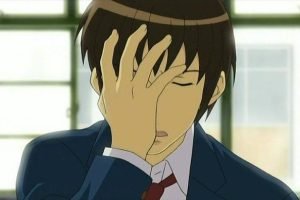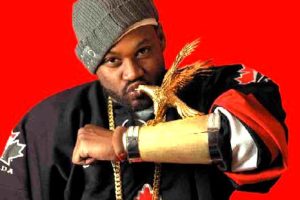Wu-Tang 25: Quarter Century of Shaolin is a year-long series celebrating the 25th Anniversary of the Wu-Tang Clan’s Enter The Wu-Tang (36 Chambers).
I once heard Geo from Blue Scholars once say (I’m paraphrasing), Liquid Swords is for the cold, winter months and Cuban Linx is for the hot, summer months. It’s an observation I’ve followed ever since. Listening to Cuban Linx this month, it felt off. Not the music, the music is still on point as we’ll discuss. But it felt too early for me to hear it. It was released on August 1st, 1995, right in the middle of summer. Those hot nights goes alongside Raekwon The Chef over a Pyrex pot. It felt off to hear the drug-dealing parables in Spring. The credit goes to the RZA (who was in the middle of his amazing producing run), sampling mobster and crime movies to create a cohesive sound. It was a pleasant reminder to hear how cinematic the whole album sounds.
https://www.youtube.com/watch?v=jE656lxTNVs
When talking about The Purple Tape (Back in the day when music still came on cassette tapes, the Cuban Linx cassette was purple), it’s necessary to talk about how this was the dawn of mafioso rap. There are plenty of rap songs before this that had rappers talking about their rings and their fat gold chains, and Biggie with Ready to Die a year before this album talked about his drug-dealing days. But it was Cuban Linx when rappers began to adopt mobster alter-egos (That sounds familiar), and talk about about drugs & money on a larger scale. Within in a year, you get Nas with It Was Written, Big comes out with Life After Death, Jay-Z debuts with Reasonable Doubt, all of which leverage the crime kingpin persona put forth by Raekwon and Ghostface. Then the 2000’s come with Clipse and Rick Ross following suit. The fact that Cuban Linx popularized this subgenre of rap alone means it’s important to rap.
Purple Tape is one of the best rap albums ever, and to most people it’s the best solo Wu-Tang album (I personally vote for Liquid Swords). But what makes the legacy of Cuban Linx even more amazing is that Rae puts out a direct sequel, and it actually delivers.
Pt. II comes out in September 2009, and I remember thinking it was a bad idea. Rarely do sequels in any medium live up to expectations, and the success rate of rap albums that are sequels are lower than that. That’s what makes Pt. II impressive. Rae brought in multiple producers in addition to RZA, and yet still maintains that cinematic, mobster vibe. In re-listening to it, it still holds up. Although in retrospect, it runs a little too long (I think it could’ve been 18 songs, instead of 22), but it doesn’t get overshadowed by the original.
Chuck D in the This Day in Rap and Hip-Hop History (Page 125) says:
The Chef is an anchor in the Wu–heart and street soul. In fact, Ice-T said it best when he said they are like the first Superheroes of Hip-hop–the damn swarm effect. The Chef was the third-time charm for the Wu solo releases. This was putting them into the rap stratosphere, and in truth Raekwon ain’t really ever came down off that cloud, because as hood troubles continue… there are a million tales to tell. The Chef still cooks ’em up and spits ’em out. Makes it all tick.
He’s right. By the release of Wu-Tang Forever, they are at peak popularity. With the success of Cuban Linx, it proved that Wu-Tang wasn’t just a fad. Wu-Tang is forever.
Next Chamber: The Other Wu-Tang Group Albums

















